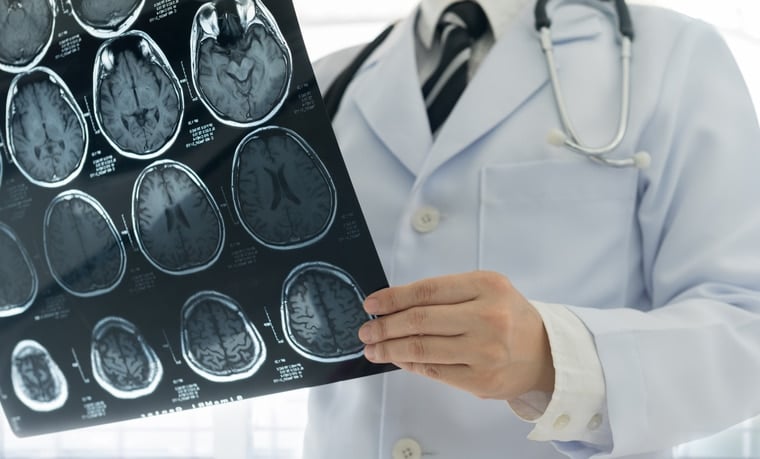Aug 15, 2022

The code that is reported for lacunar infarction is: I63.81
- I63.81—Other cerebral infarction due to occlusion or stenosis of small artery
From ICD-10-CM Alphabetic Index:
Infarction
Cerebral…
Lacunar I63.81
What is a Lacunar Infarction?
Lacunar infarctions result from occlusion in the deep penetrating single small perforating artery in the deep cerebral white matter, basal ganglia, thalamus, and brain stem. These small arteries supply blood to the subcortical areas (deep structures) of the brain. Most of these infarctions are silent. When the blood supply is cut off to these small arteries the brain cells are damaged (killed) due to lack of oxygen. Embolism or thrombus is rarely the cause of this type of infarction as it would be very difficult for an embolus to end up in the small arteries that cause a lacunar infarction/stroke. Lacunar infarctions/strokes account for 20% of all strokes in the U.S. and about 25% of all cerebral infarctions. So, yes, it was time there was a specific code to capture this diagnosis. 25% of patients with this type of cerebral infarction have a second stroke within 5 years (per one study group). A lacunar infarction is diagnosed with the use of CT scan or MRI. Symptoms may occur either fluctuating, sudden or progressively.
Risk Factors for Lacunar Infarction:
- Hypertension/chronic high blood pressure
- Heart disease
- Smoking
- Diabetes
Symptoms of a Lacunar Infarction:
- Loss of consciousness
- Memory problems (recurrent lacunar infarction may cause vascular dementia)
- Slurring of speech, difficulty speaking or understanding of spoken language
- Drooping of the face unilaterally
- Difficulty walking or raising arms
- Numbness
- Headache
Treatment of Lacunar Infarction:
- Intravenous clot-busting drugs (tissue plasminogen activator)
- Medication delivered directly into the brain
- High dose aspirin
- Occupational and physical therapy
- Heparin has not shown to help patients with lacunar infarction recover as this is used to treat strokes affecting the large arteries of the brain
- Thrombectomy is not an option as the arteries involved in a lacunar infarction/stroke are too small
Prevention of Lacunar Infarction:
- Controlling the medical conditions of hypertension and diabetes
- Taking medications as directed
- STOP smoking
- Modify your diet (eat plenty of fruits and vegetables)
- Exercise regularly
Early treatment of a lacunar stroke may result in full recovery if circulation is restored to the brain quickly.
Authored by Kim Boy, RHIT, CDIP, CCS, CCS-P
References
wikipedia.org/wiki/Lacunar_stroke
healthline.com/health/lacunar-stroke-symptoms
drugs.com/health-guide/lacunar-stroke.html
radiopaedia.org/articles/lacunar-infarct
jnnp.bmj.com/content/76/5/617
neuropathology-web.org/chapter2/chapter2bCerebralinfarcts.html
ICD-10-CM Alphabetic Index and Tabular
AHA Coding Clinic for ICD-10-CM and ICD-10-PCS, Fourth Quarter 2018, Page: 16
AHA Coding Clinic for ICD-10-CM and ICD-10-PCS, Third Quarter 2020, Page 27
In need of coding support? We offer both inpatient coding support and outpatient coding support services. Partner with us to replace underperforming coding vendors, get coding backlogs caught up, staff for a FMLA/vacation gap, special projects, to assist in Single Path Coding, or for Total Outsource Coding Support.
The information contained in this coding advice is valid at the time of posting. Viewers are encouraged to research subsequent official guidance in the areas associated with the topic as they can change rapidly.
Subscribe to our Newsletter
Recent Blogs
Related blogs from Industry News , Medical Coding Tips
CMS Hospital Compare is a public reporting pl...
Premier benchmarking is widely used by hospit...
PEPPER reports help U.S. hospitals identify o...
CMS has released the updates to the ICD-10-PC...
Subscribe
to our Newsletter
Weekly medical coding tips and coding education delivered directly to your inbox.




